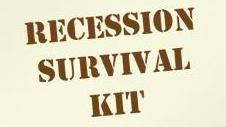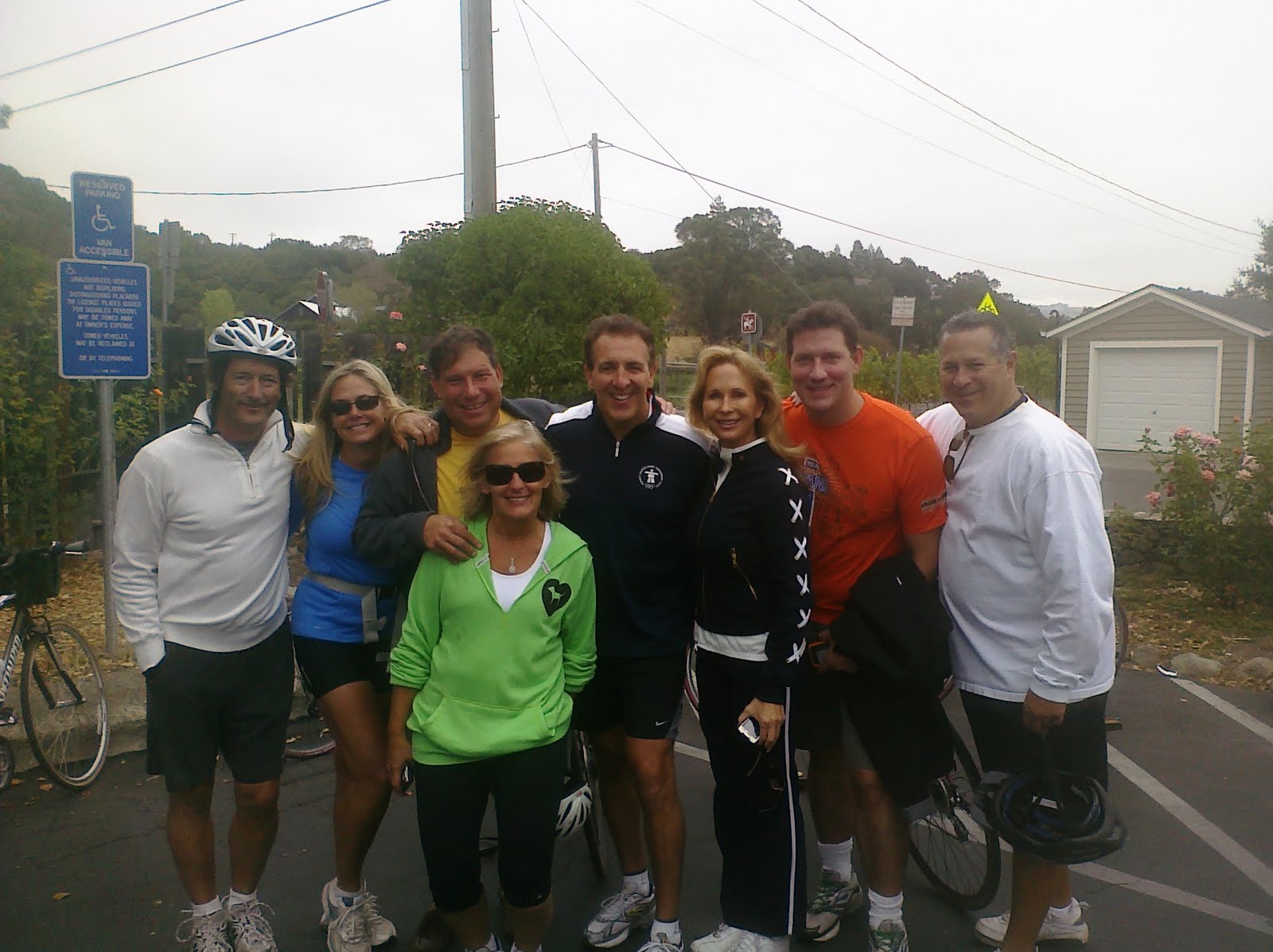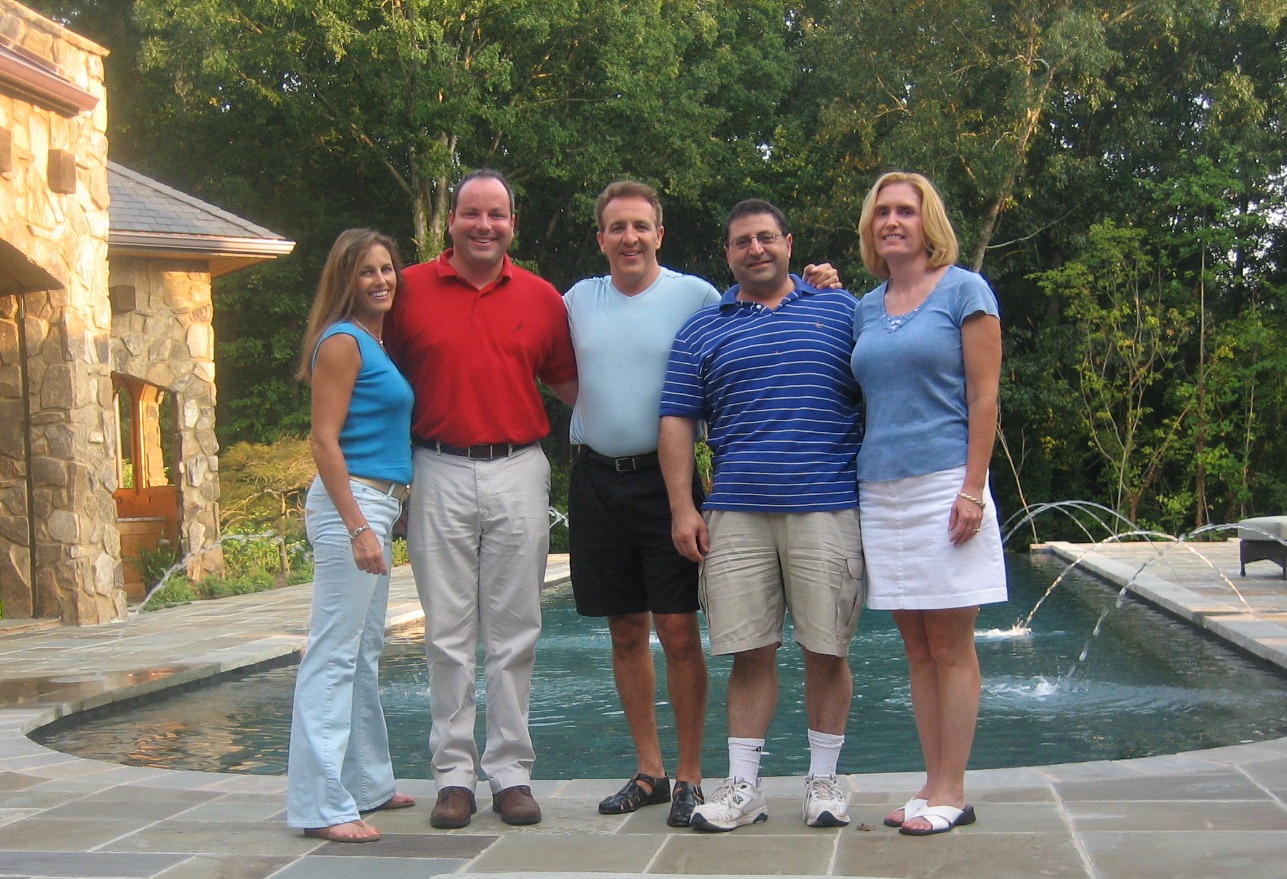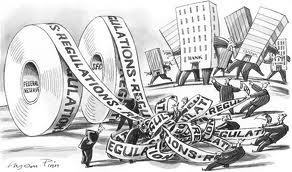5 Steps to Recession Proof Your Business
One of my favorite authors, Robin Sharma, also coaches clients like GE, IBM, FedEx, and Coke. He recently released a video called “The 5 Fastest Ways to Recession-Proof your Business.” Click here to watch the video. It is over 10 minutes long, so I will summarize for my blog.

1) You can’t win a race to the bottom. Many businesses are cutting prices in an attempt to gain more business and market share. When doing this, you train your customers to see less value in your offering. Thus, you will continue to charge lower prices. This often leads to lost profits and not being able to stay in business. Sharma suggests you should compete on value by offering superior products and services.
2) Shift from busy work to work that matters. Many entrepreneurs spend significant time on the phone, reading and responding to email, and surfing the internet rather than doing the work that really matters. Fake work wastes time. Sharma says that not only should you have a To-Do list but also, and more importantly, a STOP doing list. Also, focus your most productive time on the highest value work. Studies show that this is usually from morning to lunch.
3) Disrupt instead of being disrupted. Sharma uses the example I used recently of Netflix and Blockbuster. Don’t rest on your laurels and remain still as the world around you changes. If you are not innovating, evolving, or even adding incremental value regularly to what you are doing, then you risk the chance of being disrupted.
4) Grow leaders faster than your competition. In tough times, you can get distracted and scared dealing with various other issues and fail to take the time to train your team. Double the amount of time and money you use to prepare your team if you want to triple your profits. Do this, so everyone, in their role, feels like the CEO.
5) Take the time to develop your 2.O. What is going on outside of you reflects your mindset. Bulletproof your mind to deal with the world by bringing to work the right attitude, the right mindset, the right confidence, and the right gratitude to handle the tough times. Also, have the right physical stamina by eating right, drinking lots of water, and working out. When you get all of those things right, you will be amazed by the improvements in your business and your life.
How recession proof are you?








